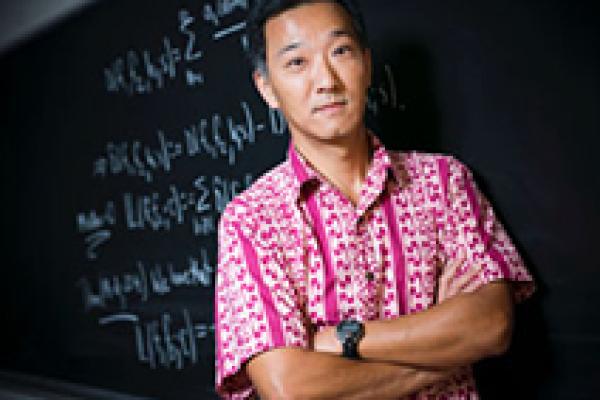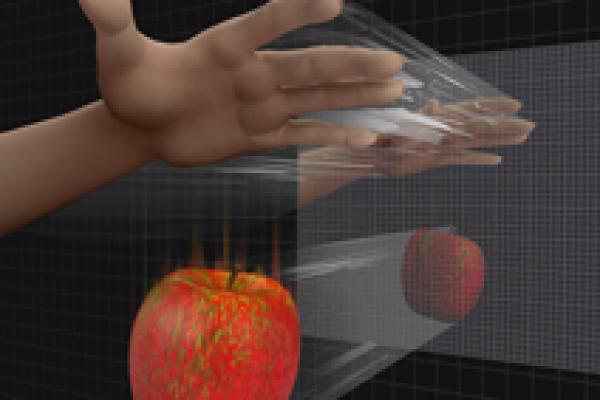
David Tong and 100 years of quantum mechanics
Join us in a wavy dance from the very small to the very large with theoretical physicist David Tong!

Join us in a wavy dance from the very small to the very large with theoretical physicist David Tong!

Physicists have figured out how we might detect hypothetical boson stars. If we do, then this would count as a major step towards solving the riddle of dark matter,

Mathematics is an indispensable tool in physics, but can physics solve problem in maths? Find out more in this article.

Find out how a theory from physics has provided tools for solving long-standing problems in number theory. And in turn how number theory helps solve the mystery of black holes.
"The 20th century was the interaction of geometry and physics, and the 21st century is the interaction of number theory with physics." Find out why in our conversation with Yang-Hui He from the London Institute of Mathematical Sciences!

In this episode we revisit an interview with Ken Ono about the remarkable Indian mathematician Srinivasa Ramanujan, one of the most fascinating figures in the history of mathematics.


This collection of articles looks at one of the biggest problems in modern physics and at research that aims to solve it.




